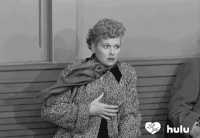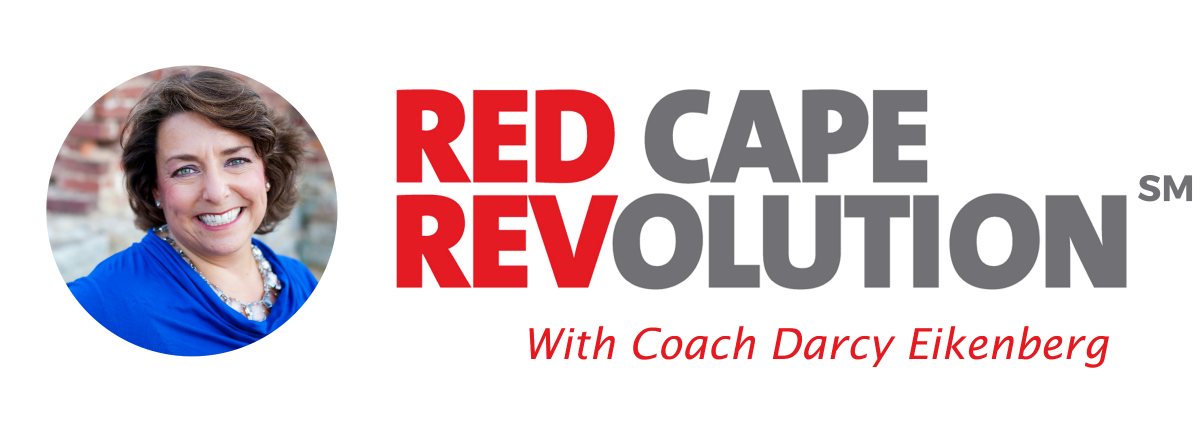If you search “how to prevent career burnout,” you’ll discover tacit advice like this:
“Get some exercise,” or
“Learn to manage your stress,” or
“Manage your time better.”
Which sounds lovely.
But that kind of “wisdom” gives me indigestion.

Because if you’re searching “how to prevent career burnout,” here’s one thing I know:
You’re already there.
(Or the person you love who you’re googling for is already there. And believe me, she does NOT want you telling her that you think she should just exercise more. . .)
Truth is, those old school career burnout prevention strategies don’t work anymore.
Makes sense, right?
Everything else has changed in our contemporary workplaces, so why wouldn’t we need new techniques and tools to manage our lives at work?
Let’s dig into them here.
It’s time to identify the smarter, more practical ways to prevent career burnout–and what to do if you’re already on fire.
What is Career Burnout, Really?
A big mistake many of us make is believing that career burnout is a physical exhaustion issue.
We assume that all we need is a freekin’ break:
- a vacation by the beach . . .
- a weekend without commitments . . .
- an evening where we’re home by
67 . . . - a full night’s sleep without an Ambien assist . . .
So we try those things, and even the best Netflix & chill-a-thon doesn’t make our burnout magically dissapear.
That’s because in most cases, burnout is not a physical exhaustion issue.
It’s a mental exhaustion issue.
And here’s the darndest thing.
Most of what’s exhausting our mind is of our own making.
Your mind never rests.

In the short term, most of us find it hard to build those yogi, quiet-your-thoughts skills. Sure, it can be done over time, but what can you do TODAY?
Let’s give our mind something else to play with instead.
Start with diagnosing how career burnout works for you.
Burnout doesn’t happen all at once.
No single failed meeting or uncomfortable conversation can cause it.
Instead, burnout is kind of like a roller coaster.
You board willingly, happily, taking on the new job, project, leadership responsibilities. . .
And you ride out a few minor highs and dips, for a while.
Then. . . your stress/frustration/concern slowly inches higher, higher, and higher, until . .
It plumments screamingly downward, making you feel like your face will soon pancake on the ground.

This is not a gentle fall.
(Thankfully, in a well-maintained roller coaster, there are tracks to prevent you from gravity’s deathly pull.)
So, the magic trick to prevent career burnout is to pay closer attention to the times when you’re inching upward on those tracks—and to put on the brakes before you go crashing downward.
The challenge is that most of us don’t know where the top is—the transition point where we’ll start reversing direction and crashing downward.
So how do we find that transition point–before it’s too late?
This is what we can ask our brain to work on.
Because you’ve probably crashed before.
(It’s perfectly normal, and even expected, along your journey as a high performing professional.)
And while you might wish you could forget that time in your life, tell your brain to remember it now.
Grab a piece of paper and answer these questions:
- What did that crash look like? (For example, did I make a huge mistake, get really sick, say something inappropriate, etc.?)
- What was happening in the months before I crashed?
- If I could go rewind the film of my life, at what point did I see a warning sign and ignore it?
- What exactly was that sign?
When I did this exercise, the warning sign for me is when I start reaching for a word (something that’s usually my jam) or start misspelling simple words.
One of my coaching clients identified that it’s when she jumps to anger quickly.
Another knows that his sign is when he (a lifelong runner) doesn’t feel like hitting the track.
Red flags, all of them. But letting your brain dig up those warning signs can save you from a career crash.

Once you see the warning signs, here are three practical strategies that will help you prevent career burnout from wrecking your day, career, or even your life.
Strategy 1: Start listening to the whispers
What is your burnout trying to tell you?
What’s the thing you KNOW inside but you’re not admitting to yourself, or constantly talking yourself out of?
Feeling fried is the best time to listen to the whispers. Tune in to what they’re broadcasting–just like you’re tuning an old-fashioned radio dial.

It may take a quiet space to let the whispers be heard, but trust me, they’re there.
So . . . what are you hearing? Be honest, now.
Maybe it’s something like:
- “I’ve outgrown this job.”
- “I really want to move closer to my family.”
- “I’m bored.”
- “I’m better than this.”
- “I want my work to matter.”
Write those things down. And know they’ll be okay.
The truth’s never easy, but if you want to prevent burnout and its tragic consequences, honesty is a must.
Strategy 2: Move on to the next scene
Screenwriters talk about the “all is lost” moment in their work.
- Buttercup finds Westley dead.
- The Stillwater band’s plane hits turbulence.
- Hans is encased in carbonite.
It’s a crucial point where, if this wasn’t a movie that had to end in another 30 minutes, all of the action could stop.
And that’s exactly what happens in our lives at work.
We hit an “all is lost moment” –perhaps it’s the time you really hear and admit to the whispers. Or something else happens–a catalyst–to make the whispers tune in loud and clear, like when:
- You don’t get the promotion
- Your beloved boss announces her retirement
- The company gets acquired by a rival
- Your industry goes through scandal or begins to be irrelevant
Revisiting these stress points over and over again, believing you can’t do anything about them, accelerates career burnout.
But let’s take a lesson from the movies.
If you’re at an “all is lost” moment, you can choose to move on to the next scene.

Take a minute and write down your answer to these questions:
- If this were a movie, what would the next scene be?
- Who would be the characters that show up?
- What would the hero do?
Read your answers back to yourself, and then ask:
- Since I am the hero of my life, what do I need to do next?
This conversation helps your brain get unstuck and start to do what it’s built to do–create ideas and action.
Strategy 3: Involve others, early & often
When we’re feeling career burnout, we often start disconnecting from friends and other groups, thinking that we don’t have time for them.
Which is exactly opposite of what we need to do.
If you want to prevent career burnout or reverse the roller coaster, start getting others involved.
In other words, ask for help.

This doesn’t just mean talking to your manager or leader (although that’s an underutilized strategy, and you can find scripts to make this easier here.)
It may mean reaching out to a colleague, mentor, or investing in a professional coaching relationship. Working with a trained, experienced coach can help you quickly get clear on what you want and what actions you can take next.
It’s like preventative care for your career.
Hopefully, these strategies can help you nip career burnout in the flaming bud.
And if you’re already on the burnout bus, that’s okay.
Let’s stamp your ticket, get off at the next stop, and start using these tools to change your life at work today.
Hey—want more help?
No matter what’s happening in your life at work, a 30-minute chat with me can help you get unstuck and move forward, fast.
Just hit the button below, and pick a date and time that’s available. Answer a few short questions, and then I’ll call you at the time you picked. There’s nothing to prepare–just show up right where you are. If, after we talk, it sounds like one of my coaching programs or courses will help you going forward, I’ll share details after our call. There’s no pressure -my goal is to be helpful immediately.
Spots fill up fast, though, so schedule yours now and start getting the support you deserve.
Schedule your coaching chat nowRead this next:
To Stay or To Leave Your Job? Four Secrets to Help You Decide



